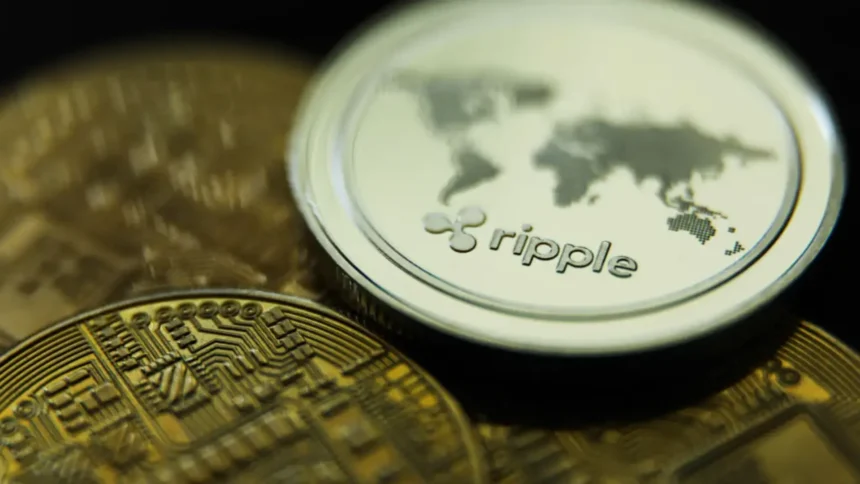In recent discussions regarding the future of global financial transactions, attention has turned to whether Ripple’s XRP could eventually replace SWIFT as the dominant system for cross-border payments. SWIFT, operating for nearly fifty years, serves as an essential secure messaging network that connects over 11,000 financial institutions across more than 200 countries, making it a central pillar of international finance.
While XRP and the XRP Ledger have emerged as contenders in this arena, proponents argue that they offer faster transaction speeds and lower costs compared to SWIFT. XRP can settle payments in mere seconds, streamlining the often cumbersome and costly processes associated with international transfers. The ongoing exploration of blockchain technology by SWIFT, including recent pilot programs testing the XRP Ledger, signals a growing curiosity about integrating new technologies into traditional financial systems.
To dive deeper into the potential future of these systems, discussions were held with two advanced AI chatbots, OpenAI’s ChatGPT and Elon Musk’s Grok, who provided contrasting views on the matter.
ChatGPT highlighted the fundamental distinction between SWIFT and XRP, emphasizing that SWIFT merely facilitates communication between banks, whereas XRP directly enables the movement of funds. “SWIFT is a network that tells banks how to move money,” it noted, while “XRP flips this dynamic by embedding liquidity directly into the protocol.” Despite recognizing XRP’s technological superiority, ChatGPT expressed concerns over the reliance on trust among banks, regulators, and governments. It suggested that for XRP to succeed, it must earn this trust and ultimately become an unobtrusive part of the global payments ecosystem, much like the TCP/IP protocol that underlies the internet.
In stark contrast, Grok presented a more skeptical perspective, asserting that banks prioritize certainty over speed. “SWIFT has spent decades building trust and neutrality,” it stated, suggesting that XRP’s association with a private company and ongoing regulatory challenges undermine its reliability. Grok argued that while XRP may have the potential to complement SWIFT, it is unlikely to replace it entirely. Instead, it viewed SWIFT’s conservative nature as a strategic advantage that fosters trust among governments and financial institutions.
While both chatbots acknowledged the ongoing trials undertaken by SWIFT to explore the integration of blockchain technology, the practical implications remain uncertain. Recently, SWIFT has initiated live testing of blockchain networks, including the XRP Ledger, to assess potential enhancements to its transaction framework in light of new ISO 20022 messaging standards.
Despite the enthusiasm surrounding XRP, its current adoption remains limited, and SWIFT continues to hold a dominant position in the global financial landscape. Analysts speculate that even a small share of SWIFT’s vast annual transaction volume could create significant demand for XRP, but these figures remain theoretical.
It is essential to note that while SWIFT’s exploratory trials with Ripple’s technologies may pave the way for future integration possibilities, no formal partnership has been established, keeping all developments in the realm of speculation for now. As the landscape evolves, the interplay between established systems like SWIFT and emerging technologies like XRP will continue to spark debate and intrigue within the financial sector.







